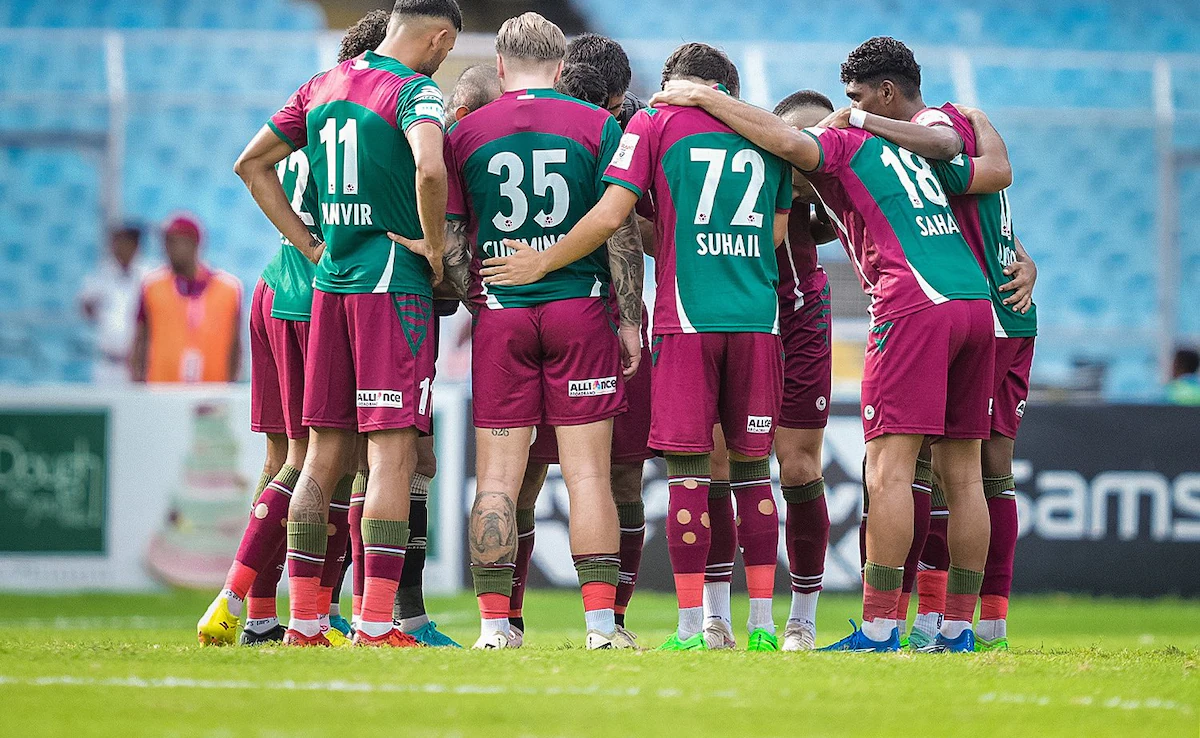
Get notified from us so you don't miss out on news and get rich quick
Enter your email address below and subscribe to our newsletter

Enter your email address below and subscribe to our newsletter

Indian football has been shaken after Mohun Bagan Super Giant – the reigning champions of the Indian Super League (ISL) – officially refused to release several of their key players for the Indian National Team ahead of the 2026 World Cup Qualifiers. The decision has not only alarmed the All India Football Federation (AIFF) but also sparked heated debates over the growing conflict of interest between clubs and the national team.
According to the club’s management, Mohun Bagan is entering a crucial phase of the season, with tough fixtures in the Durand Cup and the AFC Cup. Losing multiple first-team players at once could severely affect their title ambitions.
A club official stated:
“We respect the national team, but right now our club also requires these players. If forced to choose, our immediate priority will be protecting Mohun Bagan’s interests.”
The AIFF quickly expressed its dissatisfaction, emphasizing that representing the national team should be the highest priority and that clubs cannot obstruct player call-ups.
Among fans, reactions have been divided:
This tension between club commitments and national duty is not new in Indian football. As the ISL becomes more professional, top clubs are increasingly willing to prioritize their own interests, particularly when schedules clash with FIFA international windows.
This raises a pressing question for AIFF: How can the federation balance club development with national team obligations?
Mohun Bagan’s decision to refuse releasing players has become a major talking point, highlighting the deeper challenges in coordinating between clubs and the national team. Unless a sustainable compromise is found, such conflicts will likely resurface, potentially damaging India’s football image on the international stage.